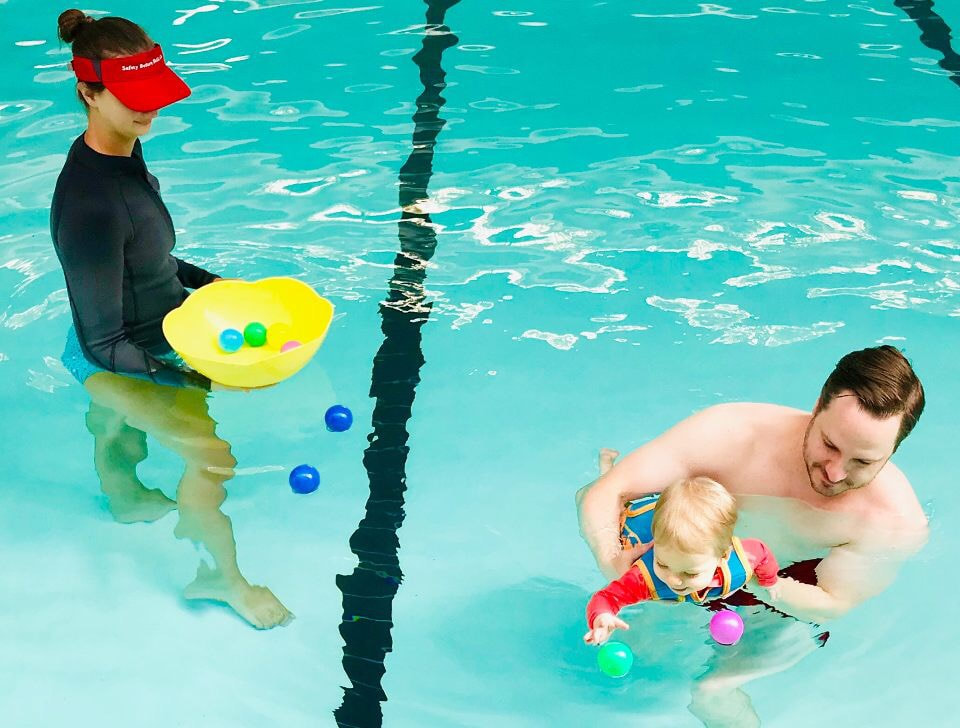Safety Before Skill
- Home
- "TRY IT" FOR FREE
- LESSONS
- Locations
- Lap & Family Swim For Fitness
- LIFEGUARD/CPR SERVICES
- Babysitting Certification
- Parent Portal
-
Parent Information
- Patron Pathway - What you Need to Know Before Swimming
- CPR - Know the Steps, Save a Life
- Flotation Devices
- COVID19 -Pandemic Plan
- Brain Benefits of Swimming
- Cancellation Policy
- What to Bring
- Separation Anxiety
- Water & Food Intake
- Hypothermia
- Ear Infections
- Dry Drowning: Clarifying the Facts
- Drown Prevention
- Videos
- About US
- Employment Opportunities
- SWIM SHOP
- Home
- "TRY IT" FOR FREE
- LESSONS
- Locations
- Lap & Family Swim For Fitness
- LIFEGUARD/CPR SERVICES
- Babysitting Certification
- Parent Portal
-
Parent Information
- Patron Pathway - What you Need to Know Before Swimming
- CPR - Know the Steps, Save a Life
- Flotation Devices
- COVID19 -Pandemic Plan
- Brain Benefits of Swimming
- Cancellation Policy
- What to Bring
- Separation Anxiety
- Water & Food Intake
- Hypothermia
- Ear Infections
- Dry Drowning: Clarifying the Facts
- Drown Prevention
- Videos
- About US
- Employment Opportunities
- SWIM SHOP

 RSS Feed
RSS Feed